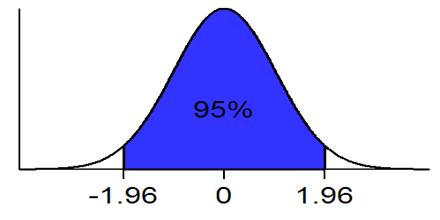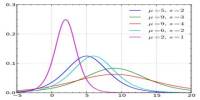Statistical significance were developed as a way of providing researchers with the ability to understand if experimental interventions were resulting in real differences or if observed differences would have likely occurred anyway. Statistical significance is a result that is not likely to occur randomly, but rather is likely to be attributable to a specific cause. It can be strong or weak, and is important to research in many math- and science-related fields, including medicine, sociology, psychology and biology. It does not always indicate practical significance. In addition, it can be misinterpreted when researchers do not use language carefully in reporting their results.
Statistical Significance
















